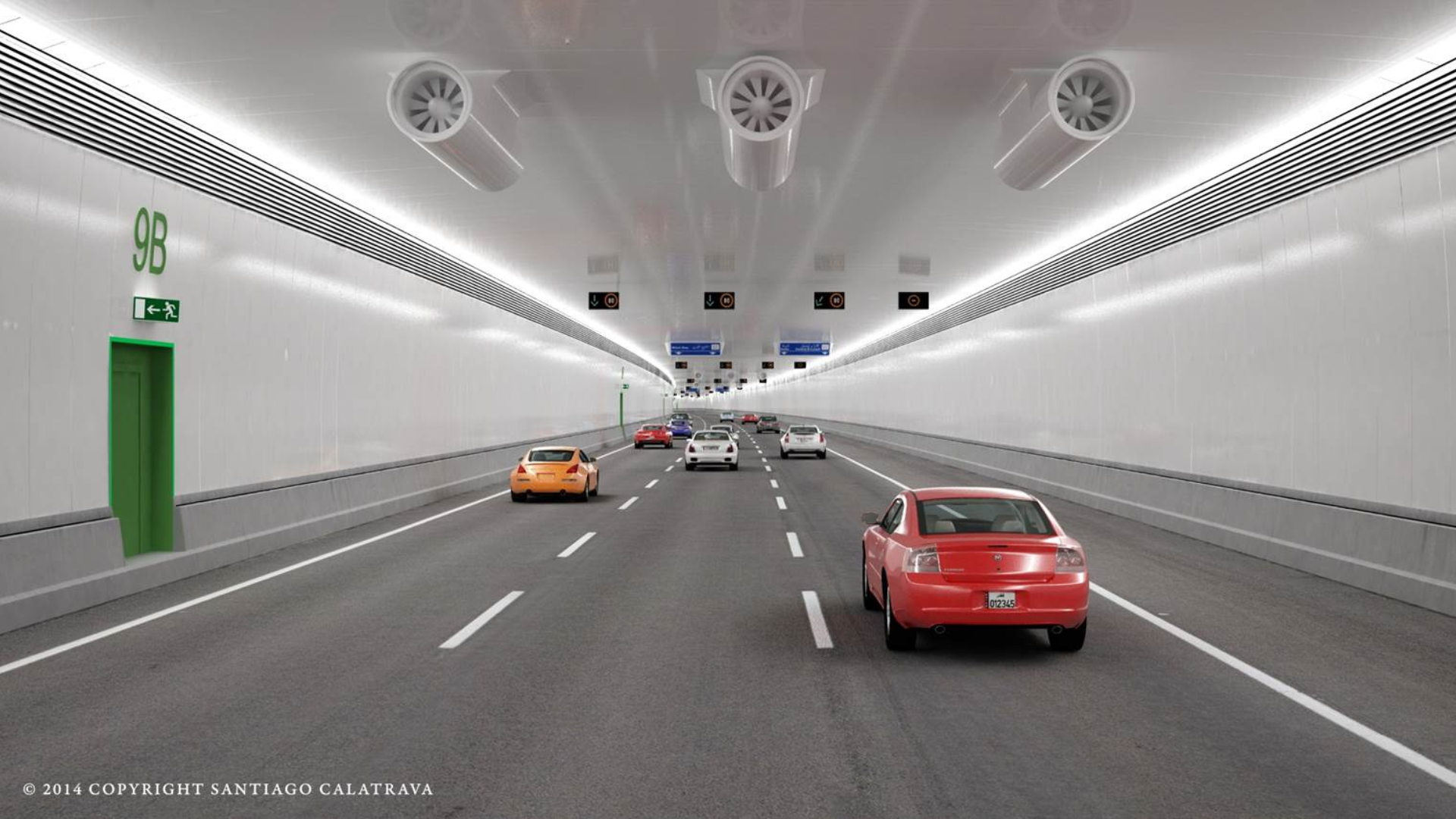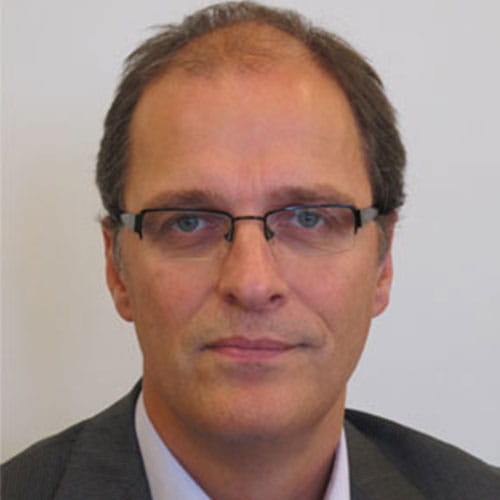Sharq crossing

Project description
Tunnel Engineering Consultants (TEC), together with Santiago Calatrava Engineers and Architects worked on the validation of the original concept design of five tunnels that are part of Qatar’s new landmark Sharq Crossing.
This is one of the most iconic and prestigious bridge-tunnel connections TEC has been commissioned to work on to date, and the first ever immersed tunnel project in the Middle East region. Of particular interest is the Marine Interchange as a complex underground interchange, connecting the two immersed tunnels and the West Bay bridge. Also the West Bay bridge will have the world’s largest arch span connecting the shore with the Marine Interchange.
Background
The approx. 12 km bridge-tunnel connection Sharq Crossing is a vital part of the Greater Doha Transportation Master Plan. In recent years the city of Doha has seen considerable increase in population, car ownership and new city districts. It is forecast that the area will experience serious traffic problems in the near future.
The project was supposed to be completed in 2020, at which point the Sharq Crossing would link the new Hamad International Airport with Doha’s city centre and new city and business districts. Unfortunately the project was put on hold in 2015.
Scope of work
TEC prepared the validated Concept Design (preliminary design level) of the two immersed tunnels of 3.1 and 2.8 km, the three cut-and-cover tunnels with a length of approx. 950-1250 m each connecting the bridges to the mainland and the Marine Interchange of approx. 600 m, connecting the two immersed tunnels and one of the bridges.
The assignment also included the design of bridge foundations, roads, utilities, mechanical, electrical and plumbing (MEP) systems, the integral safety concept including ventilation and the preparation of a construction schedule and budget.
TEC worked together with HBI Haerter Ltd. (Zurich, Switzerland) for safety and tunnel ventilation and Geotechnical Consulting Group (GCG; London, UK) for geotechnical expertise.
The recent sub consultancy agreement covered the first project phase: Concept Design Validation. TEC has executed the first phase in 5 months time, which started in September 2013 and was completed by January 2014.
Project facts Sharq crossing
- ClientCalatrava Mideast LLC
- LocationDoha
- In co-operation withHBI Haerter Ltd., Zurich (CH) and Geotechnical Consulting Group (GCG), London (UK)
- Project duration2013-2014
- Concept PhaseConcept / preliminary design
- CountryQatar
